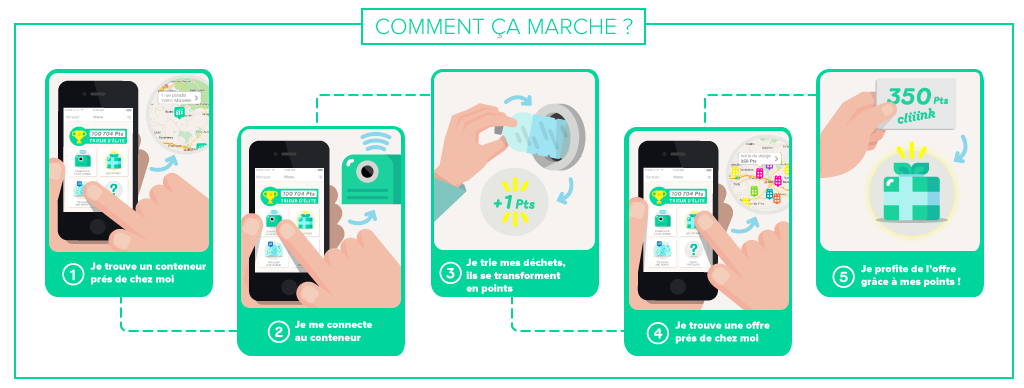Context
“Peelings, leftover meals, coffee grounds, stale bread, expired products ... Food waste represents 30% of the weight of our household waste. In the metropolis, this is equivalent to 27,000 tonnes per year, or around 60 kilos per inhabitant. ”
The Metropolis has been processing waste since 1972. Sorting organic waste makes it possible to produce quality compost, and also renewable energy (biogas). "The calculation has been made: this material, which is not used today, could cover the energy needs of 700 homes of 100 m2 or supply fuel for buses and municipal dustbins. A windfall that it’s now a question of recovering in order to develop it ”
Two years of work were necessary to co-construct this ambitious and innovative action plan. Over 1,000 people (users, public and private partners, elected officials, experts, agents, etc.) have contributed to the reflection on the future waste policy of the Metropolis. This action plan was approved by the Metropolitan Council on November 10, 2017.
The implementation of the Master Plan
One of the objectives of this policy is to halve the residual household waste bin, reduce the overall flow of household and similar waste by 20% and increase the weight of recycled waste by two thirds by 2030 (48 - 67%). For this, sorting and collection of waste will be favored to achieve a reduction of 3,000 tonnes per year of food waste.
Source Annual Urban Waste Report 2018
Among the planned actions:
- Reinforce promotion of individual and shared composting including free provision of composters and vermicomposters.
- Establish incentive pricing for professionals.
- Experiment with incentive pricing for households.
- Create an anaerobic digestion plant in order to recover food waste differently through the production of biogas.
- Introduce electronic identification of bins in particular to inform users about their level of use of the collection service: the Cliiiink project.
The Little Extra
The Cliiink project is an innovative solution made up of connected and interactive boxes installed on glass columns. Their objective is to encourage citizens to sort more glass by rewarding them with a point system allowing them to obtain discounts from merchants, make donations to associations or exchange them for local currency (Cairn), invoicing according to the quantity of waste produced, reinforced control of the quality of sorting, etc.

Written by Alice Deshons, LFC volunteer - August 2019.
Last modification : 13 May 2020.
Metropolis of Grenoble-Alpes
The Master Plan for Waste Management aims to structure what the public waste collection and recovery service will be by 2030.
Concerted since 2015 with citizens, agents, economic circles and elected representatives of the metropolis, its adoption this November 10, 2017 during the Metropolitan Council confirms an ambitious roadmap which aims to transform waste management in the metropolitan territory.